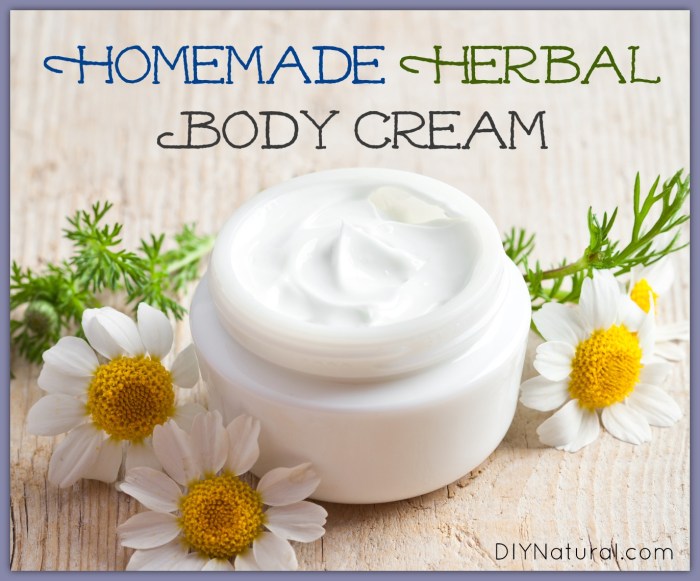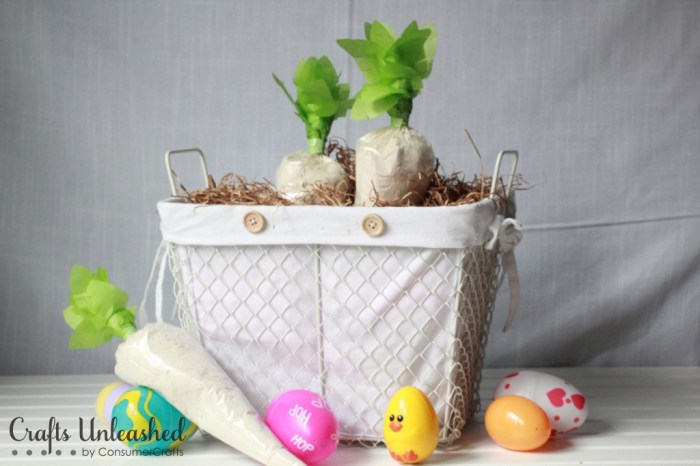DIY lotions offer a personalized approach to skincare, allowing you to craft custom blends tailored to your unique needs. The appeal lies in the ability to control ingredients, ensuring they’re natural, gentle, and effective. You can choose from a wide array of base oils, essential oils, and other natural additives to create a lotion that nourishes, soothes, and protects your skin.
This guide will delve into the world of DIY lotions, covering everything from essential ingredients and recipe variations to safety considerations and presentation tips. Whether you’re a skincare enthusiast or simply looking for a more natural approach to your routine, this exploration will empower you to create your own unique and effective lotions.
The Appeal of DIY LotionsCopied!

The allure of crafting your own lotions lies in the ability to control the ingredients and customize the product to suit your unique skin needs. Unlike commercially available lotions, which may contain artificial fragrances, preservatives, and other potentially irritating substances, DIY lotions offer a more natural and personalized approach to skincare.
The Benefits of Natural Ingredients
Natural ingredients are often gentler on the skin and less likely to cause allergic reactions or irritation. They can also provide specific benefits depending on the ingredient. For example, aloe vera is known for its soothing and moisturizing properties, while chamomile is known for its anti-inflammatory effects.
Common DIY Lotion Ingredients and Their Properties, Diy lotions
Here are some common DIY lotion ingredients and their properties:
- Shea Butter: Rich in vitamins A, E, and F, shea butter is known for its moisturizing and nourishing properties. It can help to improve skin elasticity and reduce the appearance of wrinkles.
- Coconut Oil: Coconut oil is a natural moisturizer that can help to soften and smooth the skin. It also has antibacterial and antifungal properties.
- Aloe Vera: Aloe vera is a natural anti-inflammatory and moisturizer. It can help to soothe sunburns, reduce redness, and promote healing.
- Jojoba Oil: Jojoba oil is a natural wax that is similar to the skin’s own sebum. It can help to balance oil production and prevent breakouts.
- Vitamin E Oil: Vitamin E oil is an antioxidant that can help to protect the skin from damage caused by free radicals. It can also help to improve skin tone and texture.
Essential DIY Lotion IngredientsCopied!

Creating your own lotions at home offers a wonderful opportunity to personalize your skincare routine and experiment with natural ingredients. To get started, you’ll need a few essential components.
Base Oils
Base oils form the foundation of your lotion, providing moisture and a smooth texture. These oils are typically plant-derived and offer various benefits for the skin.
| Base Oil | Benefits | Potential Uses in DIY Lotions |
|---|---|---|
| Almond Oil | Moisturizing, soothing, helps with skin elasticity. | General purpose lotion, especially for dry or sensitive skin. |
| Coconut Oil | Antibacterial, moisturizing, can be used for dry skin and hair. | Lotions for dry skin, body butters. |
| Jojoba Oil | Non-comedogenic (doesn’t clog pores), mimics the skin’s natural sebum. | Suitable for all skin types, especially oily or acne-prone skin. |
| Olive Oil | Antioxidant-rich, moisturizing, good for dry and mature skin. | Lotions for dry and mature skin, hand creams. |
| Avocado Oil | Rich in vitamins and minerals, moisturizing, helps with skin regeneration. | Lotions for dry and mature skin, anti-aging treatments. |
Essential Oils
Essential oils add fragrance and therapeutic benefits to your DIY lotions. They are concentrated extracts from plants and can be used in small amounts for their specific properties.
| Essential Oil | Properties | Aromatherapy Uses |
|---|---|---|
| Lavender Oil | Calming, relaxing, promotes sleep. | Stress relief, insomnia, anxiety. |
| Tea Tree Oil | Antibacterial, antifungal, helps with acne. | Skin infections, acne treatment. |
| Rose Oil | Anti-inflammatory, moisturizing, uplifting. | Skin irritation, mood enhancement. |
| Chamomile Oil | Soothing, calming, helps with inflammation. | Skin irritation, allergies, anxiety. |
| Eucalyptus Oil | Antiseptic, decongestant, refreshing. | Respiratory problems, muscle aches. |
The journey of DIY lotion making is as rewarding as it is creative. You’ll gain a deeper understanding of your skin’s needs, learn about the properties of various natural ingredients, and enjoy the satisfaction of crafting your own personalized skincare solutions. So, embrace the world of DIY lotions, experiment with different recipes, and discover the joy of creating something truly unique for yourself.
DIY lotions can be a fun and rewarding way to create personalized skincare solutions. If you’re looking for a natural alternative to store-bought products, consider incorporating ingredients like aloe vera, coconut oil, or shea butter. For those interested in more advanced formulations, research suggests that ingredients like the 377 pill might offer additional benefits. While DIY lotions can be a great way to experiment with different ingredients and personalize your skincare routine, it’s important to consult with a dermatologist before using any new products, especially those with potent ingredients.




